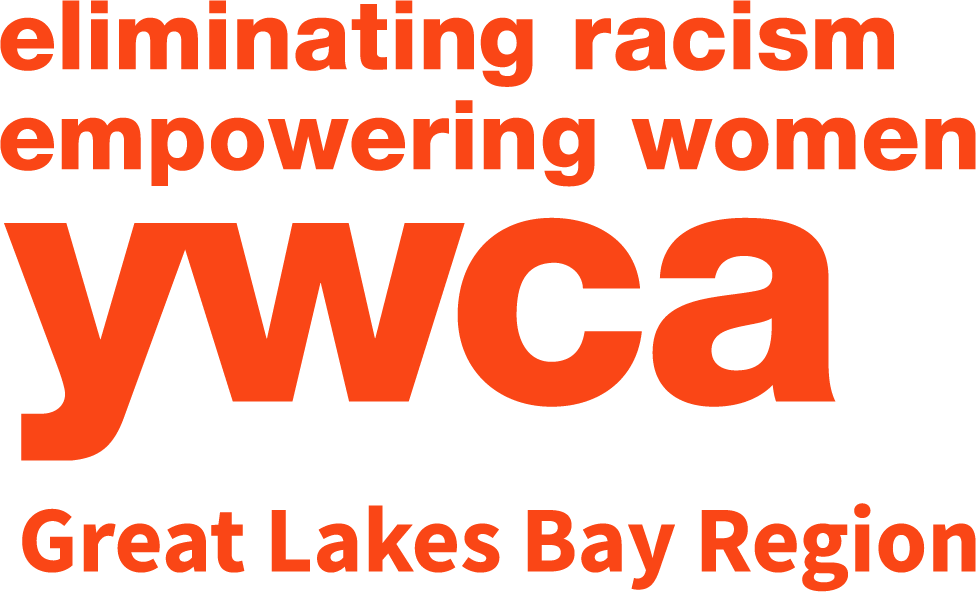Black History Month
YWCA's history of striving for racial justice includes the legacies of inspiring sheroes — and our own organizational reckoning with racial inequity. During Black History Month, learn about the series of events that solidified our mission to eliminate racism and empower women. From pioneering sheroes such as Dr. Dorothy Height, Helen Claytor, and countless others to our programming and advocacy efforts, YWCA has a long history of advancing racial justice that began decades ago with our own reckoning of racial inequities within the YWCA movement. This Black History Month, we are sharing our story and raising awareness of YWCA’s history of advancing racial justice from the inside out. The work that began in the early 20th century reverberates to this day through the work we proudly continue toward our mission to eliminate racism and empower women.
YWCA shero Dr. Dorothy Height was the only woman present on the speaker’s stage when Dr. Martin Luther King Jr. delivered his famous “I Have a Dream” speech at the 1963 March on Washington. During Black History Month, learn more about how she helped shape his vision for racial justice.
Shero Helen Claytor grew up during segregation and was a catalyst for progress in the YWCA movement, first at YWCA West Central Michigan as their first Black president, then at YWCA USA as the first Black president of YWCA's National Board. Learn more about her impact on YWCA and her unwavering commitment to
eliminate racism and empower women. Helen Claytor’s experience with YWCA from local to national to international level is a story about American social change just as much as it is a story about institutional change within the YWCA movement. During Black History Month we encourage you to read more about her journey from Michigan to her amazing legacy. For example, upon her 1949 election to YWCA West Central Michigan’s 1st Black board president, 3 board members resigned in protest — but her unwavering leadership was paramount to the YWCA movement.
